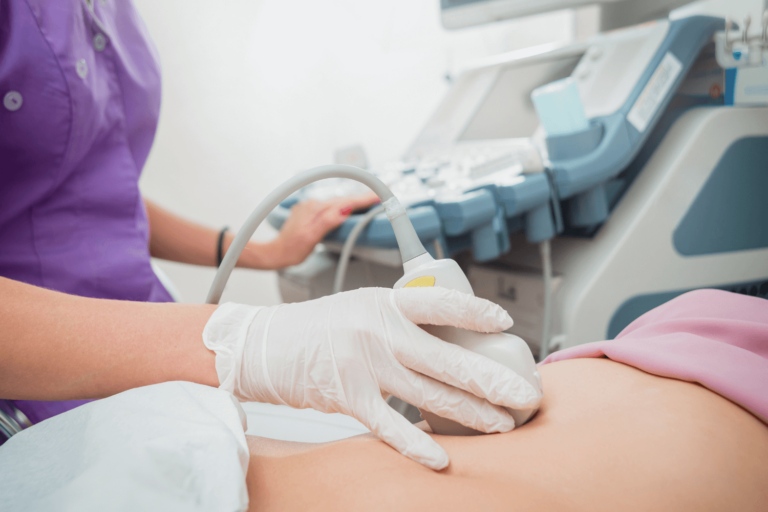With increasing access to the abortion pill online, more women are considering a self-managed abortion at home. While it may seem convenient or private, there are several important factors to consider before deciding on a home abortion. Taking time to understand these considerations can help ensure your safety and well-being.
Have You Confirmed Your Pregnancy?
Before considering a self-managed abortion, the first step is confirming whether or not you’re actually pregnant. While this may seem obvious, many pregnancy symptoms—like nausea, fatigue, or missed periods—can overlap with other health conditions such as hormonal imbalances or stress. Attempting an abortion without verifying the pregnancy could result in a medical emergency or unnecessary health risks.
Home pregnancy tests, which are widely available, can give you an initial indication. These tests detect the hormone hCG in your urine and are generally most accurate when taken after a missed period. For a more reliable confirmation, you can visit a pregnancy resource center. Many centers offer pregnancy tests and, if relevant, free ultrasounds, which can also provide additional insights, such as whether the pregnancy is viable.
Do You Know Your Gestational Age?
Knowing your gestational age, or how far along your pregnancy is, is essential when considering a home abortion. Abortion pills are typically effective only within the first 10 weeks of pregnancy. Using the pills beyond that timeframe increases the risk of complications such as incomplete abortion, severe bleeding, or even the possibility of a live birth.
Many women try to self-date their pregnancies based on their last menstrual period. However, factors like irregular periods or underlying health issues can lead to inaccurate results. The most precise way to determine gestational age is by having an ultrasound, which can measure the baby and confirm the pregnancy is in the uterus. This is especially important to rule out an ectopic pregnancy, a life-threatening condition that occurs when a pregnancy develops outside the uterus, often in the fallopian tubes.
Assess Your Access to Medical Assistance
While considering a self-managed abortion, it’s crucial to evaluate your access to emergency medical care. Medical complications can arise during a home abortion, such as heavy bleeding, infection, or incomplete abortion, all of which could require immediate medical intervention. Ask yourself: Do I live near a hospital? Do I have access to a phone in case I need to call for emergency help?
It’s also vital to be honest with medical personnel if you seek emergency care. Some abortion pill providers or websites may suggest lying to healthcare providers about taking abortion pills or misrepresenting your gestational age. However, for your safety, it’s important to be transparent with doctors so they can provide the appropriate care. Your health should always come first, and clear communication with medical professionals ensures they can help you to the best of their ability.




